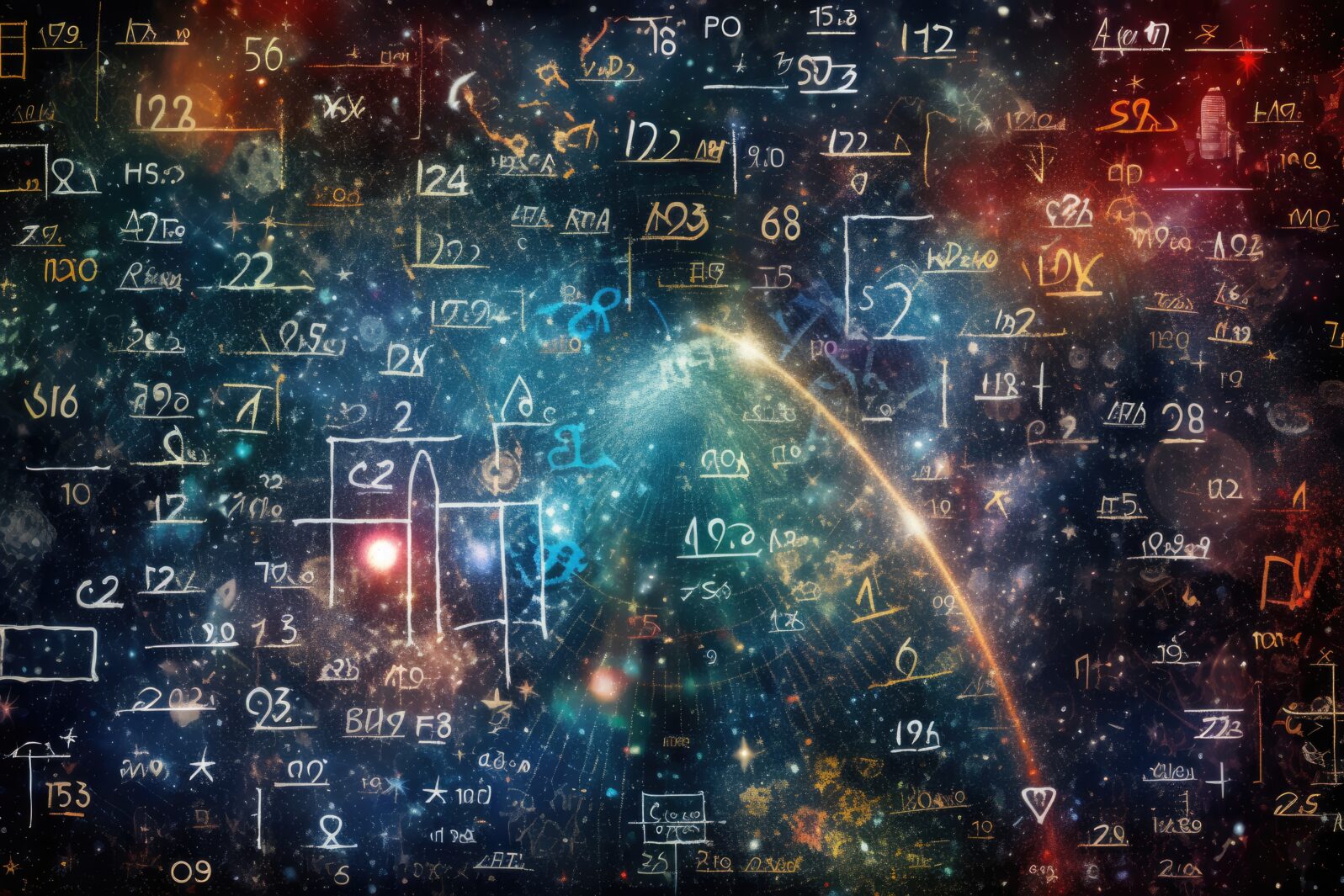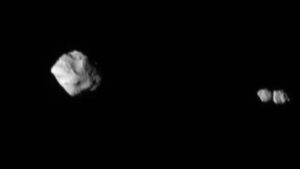Renowned science writer John Horgan finds himself perplexed (and somewhat irritated?) by quantum mechanics—the behavior of the universe’s fundamental particles:
Quantum principles underlie our modern scientific worldview and much of our technology, including the laptop on which I write these words. Yet a century after its invention, physicists and philosophers cannot agree on what quantum mechanics means.
John Horgan, “Quantum Mechanics, Plato’s Cave, and the Blind Piranha,” Crosscheck, 22 May 2024.
He has a right. How can so much uncertainty rest comfortably at the core of our universe, yet not disrupt anything in particular? In fact, as he says, we are building better computers using his principles. Why doesn’t fundamental uncertainty make us build worse or nothing?
Horgan, author of My Quantum Experiment (2023), takes this distinction personally:
I am blindly scrambling for insights, insights, revelations. Every now and then I think I’ve grasped some slippery truth, but my satisfaction is always fleeting. Sooner or later I end up bouncing off an invisible barrier. I really don’t know what’s going on. I’m in the dark.
Horgan, “Quantum Mechanics, Plato’s Cave and the Blind Piranha”
Horgan is certainly not alone
The greatest scientists who have tackled quantum mechanics are as ignorant as eminent science writers, if that’s any help. For example,
● “For those who are not shocked when they first encounter quantum theory, it is possible that they have not understood it.” – Niels Bohr (1885–1962), in 1952, quoted in Heisenberg, Werner (1971 ). Physics and beyond. New York: Harper and Row. page 206.
● “I think I can safely say that nobody understands quantum mechanics” – Richard Feynman (1918–1988), YouTube video of his 1964 Messenger Lecture Series at Cornell University
● “No other theory of the physical world has caused such consternation as the quantum theory, because no other theory has so completely rejected the previously cherished concepts of classical physics and our everyday understanding of reality.” Peter Atkins in the foreword to No limit (2004) by Jim Baggott
● “Quantum mechanics was and continues to be revolutionary, mainly because it requires the introduction of radically new concepts to better describe the world.” – Nobel Laureate Alain Aspect “Introduction: John Bell and the Second Quantum Revolution” in JS Bell, Expressible and inexpressible in quantum mechanics (2nd ed. 2004) by John Stuart Bell (1928–1990)
● Albert Einstein (1879–1955) never accepted quantum mechanics and spent much of his career opposing it: “Quantum mechanics is certainly impressive. But an inner voice tells me it’s still not the real thing. The theory says a lot, but it doesn’t really get us any closer to the secret of the “old”. In any case, I am convinced that He does not roll dice. – Letter to Max Born (December 4, 1926); The Born-Einstein Letters (translated by Irene Born) (Walker and Company, New York, 1971) ISBN 0-8027-0326-7.
Note: Einstein apparently believed in the idea of God espoused by the philosopher Baruch Spinoza (1632–1677), and this seems to be what he meant by “the old”.
And how i can the universe is like that?

The most reasonable theory of how the universe can be both fundamentally uncertain and yet everyday reliable is the least popular: as the atheist mathematician and astronomer Fred Hoyle (1915–2001) begrudgingly suggested, “A reasonable interpretation of the facts suggests , that a superintelligence has mocked physics as well as chemistry and biology, and that there are no blind forces in nature worth talking about.’
If so, we can understand some of the universe created by a greater intelligence, but perhaps not all of it, or at least not right now.
This points in the direction of deism or theism – an impersonal or personal God. This is what led the atheist philosopher Anthony Flew (1923–2010) to conclude towards the end that There is a God. (Harper One 2007). And this is difficult to discuss casually today. The problem is not that scientists who believe there is a God continue without evidence. Rather, because their point of view is unpopular, they can be overruled even if they have a lot of evidence. Even as evidence accumulates in the form of further discoveries of fine tuning of the universe… One way to describe such a situation is intellectual stagnation.
Note: In his essay, Horgan compares himself to a “blind piranha” he once saw. It could find and eat small birds that were thrown to it, but it really had no idea of its surroundings (an aquarium in a bar).
You may also wish to read: The universe’s fine-tuning makes one top neuroscientist “very hopeful.” Christoph Koch of the Allen Institute talks about the assumptions underlying his theory of consciousness—assumptions that have led many other neuroscientists to try to overturn it. When one of the world’s most famous neuroscientists deviates from the classic materialist script—and gets away with it—things change.



